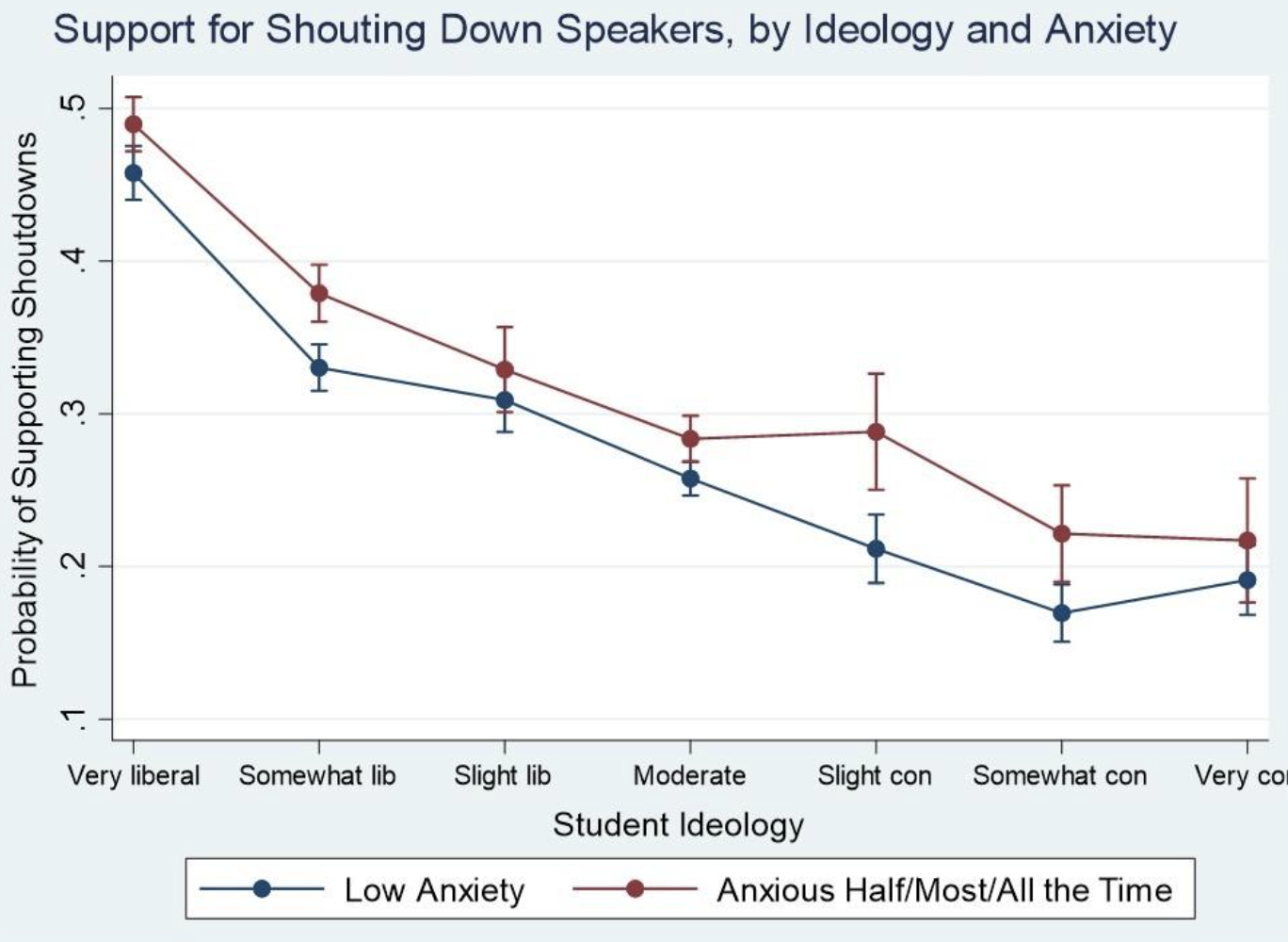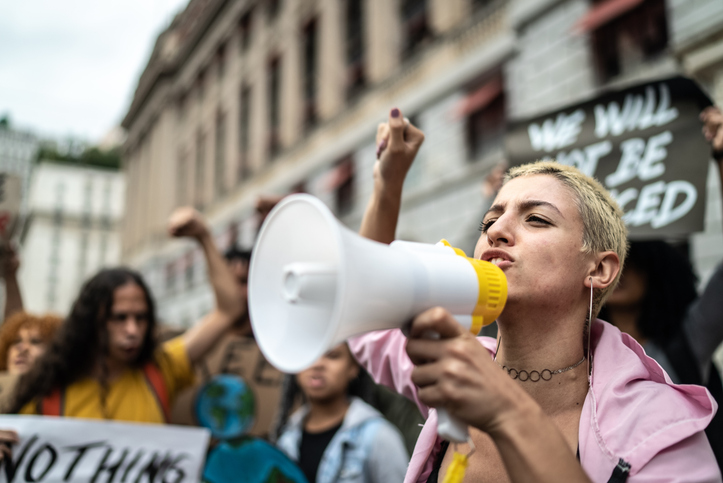Today’s mental health crisis, especially among young people, does not explain the rise of “wokeness”.
Rather, this cultural socialist belief system evolved from Left and liberal sources first, as well as bad therapeutic ideas, but owes little to society’s actual mental health.
Recently, a large-scale academic study from Finland discovered that woke individuals are more likely to be unhappy, anxious and depressed than other people. Other psychologists have likewise noticed that people on the political Left report elevated mental health problems compared to those on the Right. Jonathan Haidt and Zach Goldberg, in studying the post-2010s teen mental health crisis, find that young liberals are two or three times more likely to report mental health problems than young conservatives.
Do progressive ideas make people unhappy, or are unhappy people drawn to the cultural Left? And by extension, did the rise of wokeness cause the mental health crisis, or did the rise of mental health problems produce the Great Awokening?
A psychological perspective takes the latter stance, holding that the mental health of society has declined, giving rise to a culture built on fragility and victimhood. A sociology of emotions outlook, by contrast, argues the former view: that ideologies are the driver, switching emotions on or off to align with the ideology. In the sociological account, woke ideology comes first, prompting people to view themselves and others as victims with mental health problems. This jacks up mental illness rates.
Two recent books advance the psychological argument that mental health problems are a major force behind woke. Abigail Shrier’s Bad Therapy identifies permissive parenting and therapeuticisation as central to the youth mental health crisis, which in turn is fuelling political extremism. Jonathan Haidt’s The Anxious Generation points to smartphone use, hyper-parenting and social media as the culprits behind the mental health epidemic. The result, as explored by Haidt and Greg Lukianoff in the Coddling of the American Mind, is an explosion of Left-wing illiberalism on campus.

The aforementioned authors are open to both psychological and sociological explanations, but they focus mainly on the former approach. Yet there is a lot of data to suggest that the driver of wokeness is actually ideological. Consider the chart above, based on the Foundation for Individual Rights and Expression (FIRE)’s 2023 survey of 55,000 American students, mainly those at the top 150 research-intensive universities. It looks at how ideology and anxiety interact to predict whether a student will be in favour of the illiberal practice of shouting down a visiting speaker.
FIRE’s massive sample of 18 to 22 year-olds reveals the size of the youth mental health crisis. Of the students polled, 68% say they are anxious and 42% say that they are depressed at least “half the time”. A whopping 37% say they are anxious “almost every day” or “always”.
Among respondents, 19% are conservative and 48% are liberal, in line with previous survey waves. Controlling for gender, year, socioeconomic class, sexual orientation, race, depression, stress and grade-point average allows me to focus squarely on the importance of being anxious. The red line in the chart above represents roughly two-thirds of anxious students and the blue line the one-third who aren’t. The horizontal axis plots students on a seven-point scale from those who identify as “very liberal” to those who say they are “very conservative”.
The net result is that, when comparing these two factors, almost all the variation in willingness to shout down a speaker is explained by ideology, not anxiety. Nearly one in two very liberal students support shoutdowns, and even one in five strong conservatives do. The dominance of ideology over mental health also holds when depression is swapped for anxiety, or when different measures of cancel culture are used. Mentally ill students, whether liberal or conservative, are somewhat more censorious than their well-adjusted peers, but this doesn’t make much difference to the overall level of cancel culture.
The depressing takeaway is that cancel culture would flourish even if we discovered a magic pill to end the mental health crisis. Until we can correctly address the real cause of wokeness, we will be powerless to stop it. That is something universities — and much of the wider world — now have to contend with.











Join the discussion
Join like minded readers that support our journalism by becoming a paid subscriber
To join the discussion in the comments, become a paid subscriber.
Join like minded readers that support our journalism, read unlimited articles and enjoy other subscriber-only benefits.
Subscribe